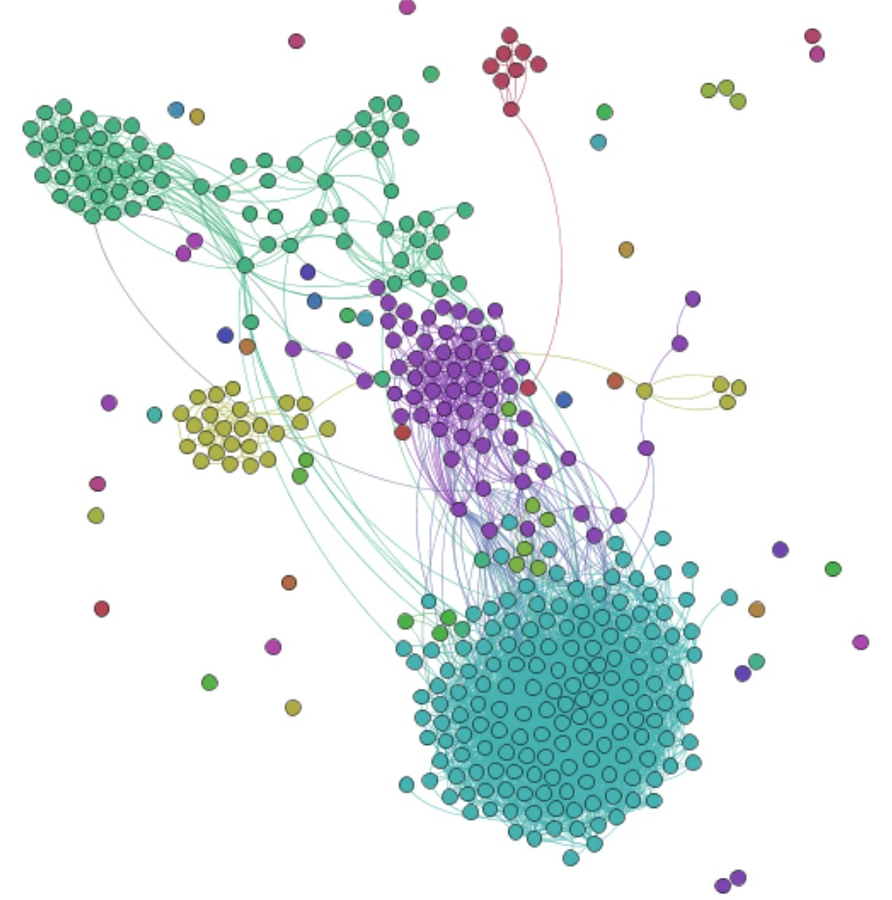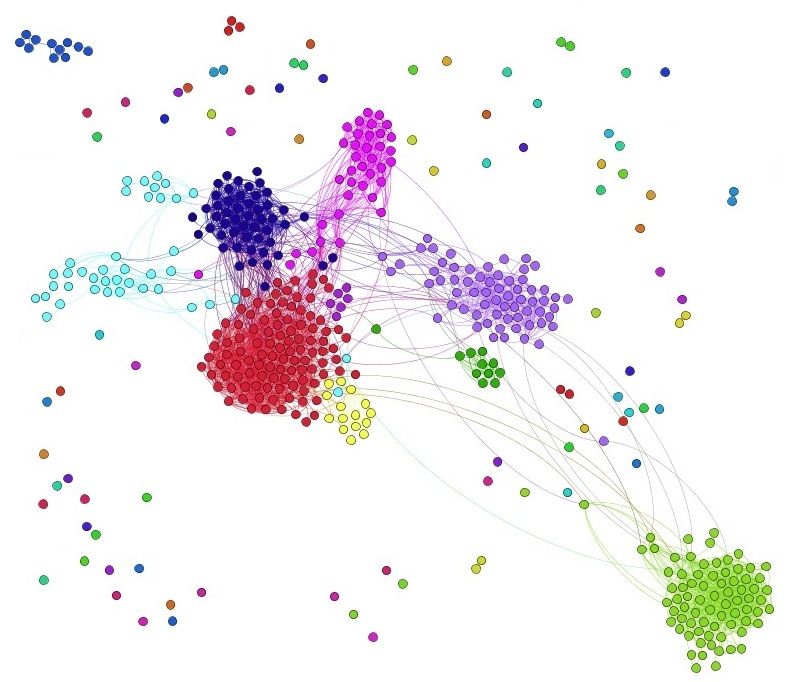Reflective Group Practice
In Systems Theory, Psychology and Social Media course, participants become interdependent autonomous agents in a learning rhizome of becoming: A collective intelligence that rises to serve members’ creativity, autonomy and personal flourishing through and for interdependence (Polychroni et al., 2008; Vassiliou & Vassiliou, 1982). Participants maintain their own personal blog (autonomy) that are interconnected through the central Hub (interdependence).
Directions for online reflective practice
The initial directions for the reflective practice provided in the first meeting are: "You are required to create weekly online reflections (blog posts) about your lived experience during the class meetings and/or the educational material you engaged with. As a guidance in your reflections, you can answer the following simple questions:
- What did I learn?
- What did I understand?
- How did I feel?
- What I would like to ask?
It needs to be in a personal and authentic voice. However, it needs to be something that can be shared online, no more personal (do not rest on the fact that you are writing with nicknames). You are asked to be authentic, you in your shoes, nevertheless it is not about your very intimate thoughts, the ones that are meant to be written only in a private diary."
"Our task was it to write a blogpost after every lesson we had, and through this task I was able to order my thoughts, to transfer things to myself and to understand different theories and concepts. I have never had a course where you can just write down how you feel, what you learned and understood and what you want to ask. But time and weeks passed, and I saw that this task, writing down your thoughts and feelings, should be a task in every single university course. It makes people thinking and this leads to internalization of the content. What I want to say is: In order to really internalize and understand things that are taught, you have to consciously deal with them. Only then these contents will remain present in my mind and I can really benefit from them." - Student's final reflection
Backed up by the technological infrastructure, students develop a reflective group ecology of practice.
The hub aggregator site "created a sense of co-creation with others in that a student could experience the group’s reflective context; a participant could situate his/her own reflection in the group’s wider reflective virtual space by not only interacting with the others in the preceding face-to-face session but also by seeing and experiencing the process of other people’s reflections. Thus, the aggregator web spot was furthering the group work online and fostering a sense of working together in a community of practice to collectively produce a digital artifact. In the described system, the initial meaningful face-to-face session ensured an overall effective blended learning design." (Brailas et al., 2016)












